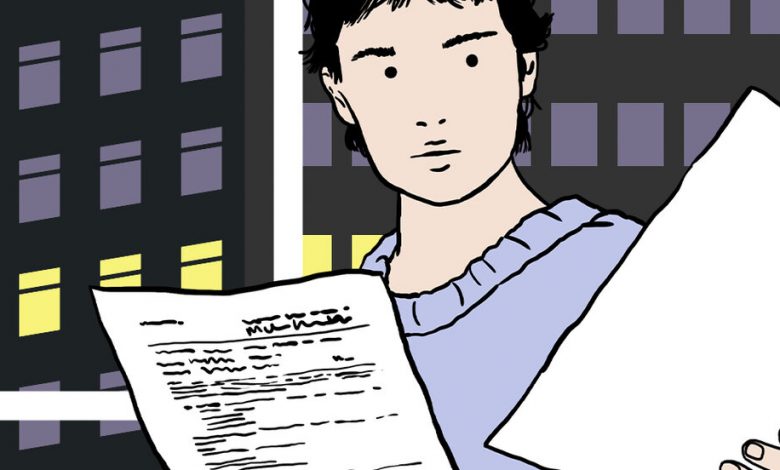How to Negotiate Your Rent (Which Is Probably Going Up)

[ad_1]
Q: The lease on my daughter’s Midtown Manhattan apartment expires in May, and she is concerned about a rent hike. When she signed the lease, she got two months of free rent. Now, comparable units in the building are renting for 35 percent more than what she’s paying. Could the landlord really raise her rent that much? Can she negotiate?
A: A landlord can raise the rent on a market-rate apartment by any amount, or not renew the lease, so long as the tenant gets proper notice based on how long they’ve lived in the apartment. Given the current market conditions, it is likely your daughter’s rent will go up.
In January, rental inventory was down 60 percent citywide and the median asking rent was up 34.5 percent in Manhattan and 13.5 percent in Brooklyn year over year, according to StreetEasy. The result is a frenzied rental market with bidding wars and lines out the door for open houses. Any tenant who signed a lease during the past two years, when rents were down and concessions were common, should be prepared for a possible rent hike.
But brokers insist that negotiations are possible, even in a competitive market. “People forget that they can negotiate,” said Erin Whitney, a saleswoman at Bohemia Realty Group. “The first rule is always do it.”
Here are some negotiating tips from the experts:
Do your homework. “Do your research on rentals in the building, on the block and in the neighborhood to make sure the renewal price your landlord is offering is fair and in line with the current market,” said Lauren Riefflin, StreetEasy’s home trends expert. “Leverage that data in conversations with your landlord.”
Start the conversation early. Call your landlord at least three months before the lease expires and ask whether the rent will be going up. This will give you time to negotiate and consider your options.
Play to your strengths. Vacancies cost landlords money — they lose rent while they clean, paint, repair and show the apartment. And they may have to pay the broker’s fee, too. A new tenant might be noisy or not pay on time. Point out these risks, and ask for a compromise. Perhaps you could shave $100 a month off the increase. Or, find other ways to save. Ask for an 18-month or 24-month lease to lock in the terms for longer. If you pay a pet or amenity fee, perhaps the landlord might waive one. Or maybe you could use the opportunity to get some repairs, like a new stove to replace an aging one. “There are lots of ways that you can frame a positive discussion with your landlord,” said Vicki V. Negron, an associate broker with Corcoran.
Consider your own costs. Moving is not cheap. Calculate how much it will cost you to move, factoring in a moving van, a broker fee and other associated costs. Then calculate the increase over the course of the year and decide whether or not you’ll come out ahead if you stay or if you go.
[ad_2]
Source link






